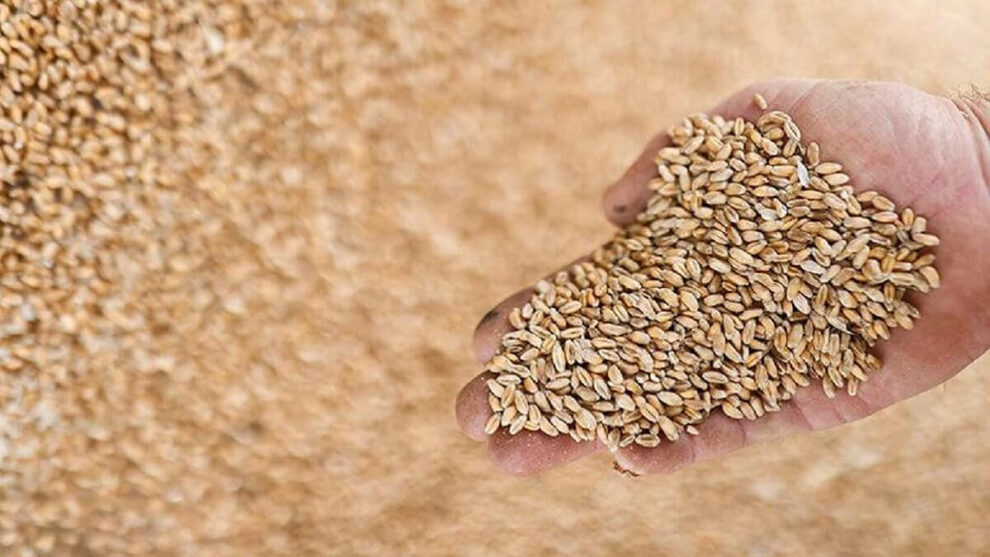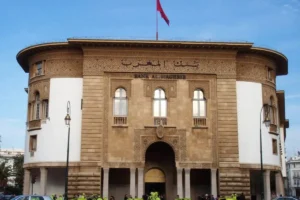The National Interprofessional Office for Cereals and Pulses is launching a programme to support wheat imports into Morocco
Morocco, which this year is facing a devastating drought that has severely affected its harvest, has taken an important step to deal with the situation. The National Interprofessional Office for Cereals and Pulses (ONICL) has announced a programme to support wheat imports to alleviate the effects of the drought.
In a circular issued on 23 June, the ONICL outlined the initiative, which will provide subsidies to importers on a monthly basis from 1 July to 30 September. The subsidies will facilitate the import of large quantities of milled wheat, with an estimated total of up to 2.5 million metric tonnes.
As reported by Morocco World News, under the programme, importers will be compensated each month for the price difference between the cost of foreign wheat and the reference import price of 270 dirhams per quintal ($271.60 per tonne). In particular, the programme maintains a measure introduced during the previous import season that allows importers to receive the subsidy as long as the goods are loaded before the end of the month, rather than requiring arrival in Morocco.
Traders perceive this measure as an effort to encourage the import of lower-cost grain, especially from the Black Sea region. However, some argue that Western European suppliers, especially France, have a geographical advantage due to their proximity, which may influence importers’ decisions.
The programme mainly benefits those who wish to import wheat from Russia, Ukraine, France, Germany, Argentina and the United States.
The subsidies apply only to the expected quantities of wheat to be imported by storage institutions, such as cereal and legume unions, Moroccan agricultural cooperatives and their unions.
The launch of this support programme comes as concerns grow over insufficient wheat production in the 2022-2023 crop year, largely attributed to adverse weather conditions and the persistent drought affecting the country.
According to AgriMaroc, traders had anticipated that Morocco would resume wheat imports after experiencing another below-average harvest this year, albeit with production levels above 2022 yields. However, the need to import wheat to compensate for the decline in domestic production has become apparent.
In April, the government’s Ministry of Agriculture assured the public that cereal production is expected to increase by 62% in 2023 compared to the previous season. The ministry expects cereal production to reach approximately 55.1 million quintals, a significant increase from the 34 million quintals produced in the previous season.
Of the total cereal production, soft wheat is expected to contribute some 29.8 million quintals, while durum wheat and barley are expected to reach 11.8 and 13.5 million quintals respectively.
It is worth noting that Morocco has become the main destination for EU wheat exports in the 2022/23 season, overtaking Algeria, which has turned to Russian wheat to meet its needs. The country’s dependence on wheat imports points to the challenges it faces due to severe weather conditions.
ONICL’s initiative to facilitate wheat imports is a crucial measure to mitigate the impact of the drought on Morocco’s agricultural sector and ensure sufficient cereal supplies for its population.
Source : Atalayar
















